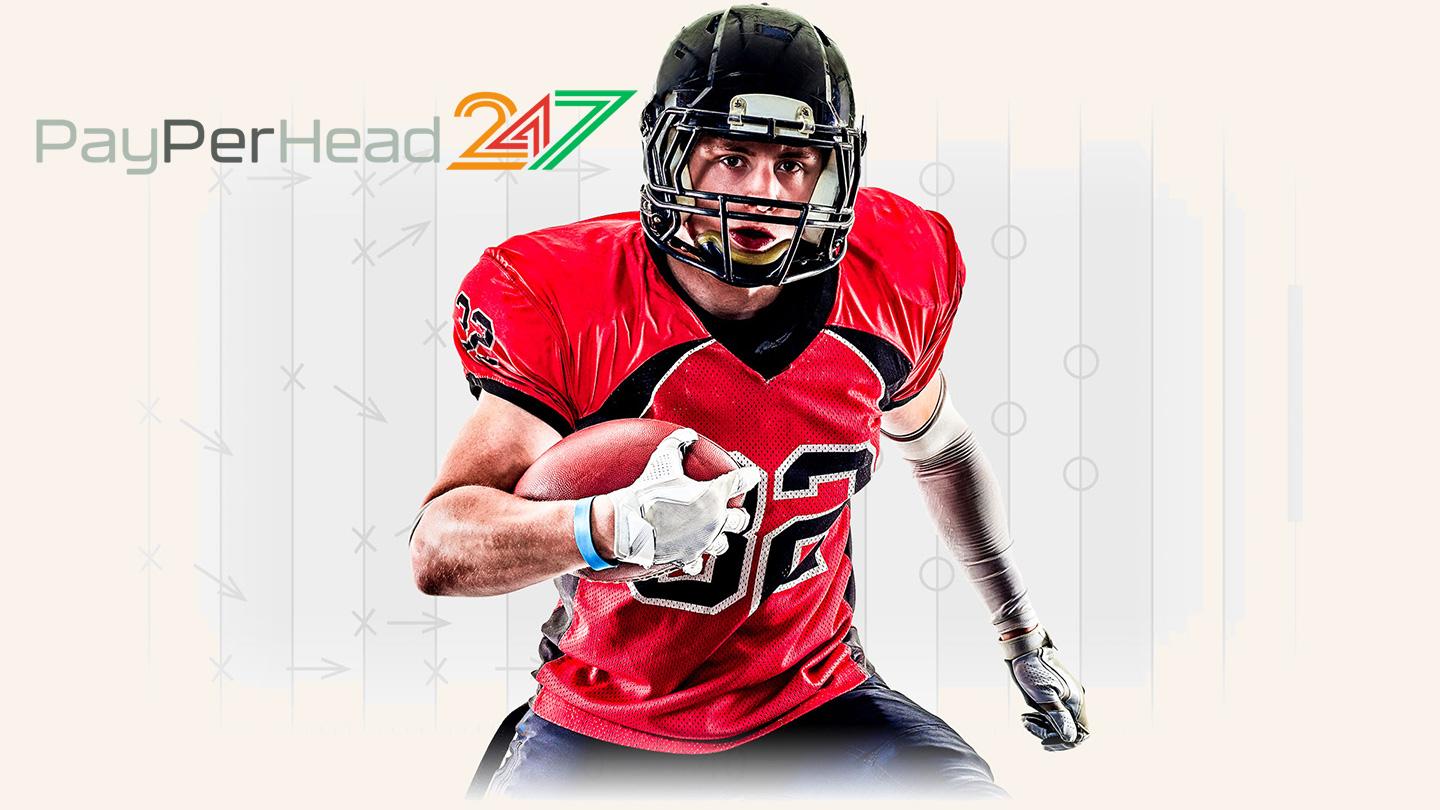
Sports betting has never enjoyed the popularity that it currently has. Whether it’s sports leagues, states or broadcast networks, the stigma attached to the industry for decades has been removed in the last three years.
While many online and casino based sportsbooks are operated by large corporate entities like William Hill, DraftKings, FanDuel or BetMGM, much of the industry is still fueled by the efforts of sports betting agents. These independent and often local entrepreneurs still account for a large amount of wagering, particularly in states that have yet to formally legalize sports betting.
Even where larger entities have the ability to operate, a local sports betting agent still has the opportunity to compete. The impersonal online wagering experience eliminates the relationship aspect of sports betting. The technology that allows for players to view lines and place bets 24/7, even on their mobile devices, is something that would have been difficult in the past for the independent bookie to provide.
That is no longer the case with the development of the Pay Per Head (PPH) service platforms. The most advanced PPH Business providers offer turnkey solutions that look very much like those that players see on the websites of online sportsbooks.
All major professional and college sports are available, including football, basketball, baseball, hockey, soccer, motor sports, MMA/UFC, golf, tennis and others. The sportsbook provides options for every season, meaning the bookie can profitably operate all year around.
A wide variety of wagering options are offered, including futures, spreads, over/under, money line, reverse betting, parlays and propositions. Depending on the appetite for risk or the amount of action a bookie can stomach, live in-game betting as well as horse racing and casino games are also available.
By using a PPH service, a bookie can eliminate a lot of the time consuming administrative activities that keep them from fostering client relationships and expanding their customer base. It gets them out of the responsibility to personally take every wager and communicate lines, especially when they change.
It gives them a legitimacy that they never had, with a professional looking sportsbook and if the bookie chooses, one or two click wagering for their clients. The time that used to be spent keeping track of bets can be better spent evaluating data to profitably operate their PPH Business.
While the PPH sportsbook initially sets most lines and odds, the bookie has the ability to adjust or change them whenever they want to. They can make them more favorable for their customers to stimulate action or go the other way if the bookie knows their client will bet on a certain team no matter what the line is.
The real advantage of the PPH platform is the up to the minute information that the bookie can get from the reporting component. They can see all of the wagers by sport, betting type, individual game, past performance or upcoming events. Since the goal of most bookies is to have balance on either side of a bet, they can use the reporting tool to keep track of their risk on certain wagers.
If they see an imbalance, the bookie can make decisions on how best to deal with it and help mitigate their risk. Whether it’s changing lines, promoting one side of the bet or cutting off future wagers, the PPH platform can facilitate them. The bookie is in full control of how they use the available tools.
Keeping track of payments and payouts can also be difficult without a good financial record keeping system. The PPH service serves as a tracking mechanism that can give the bookie up to the minute information on where they stand financially, critical to running any business.
The big advantage to operating a bookie operation through a PPH Business is that the cost is easy to compute and stays fixed. The sports betting agent pays a fee for every customer that books a wager through the system during the billing period, generally a week.
Depending on the number of clients, the cost is between $7 and $15 per player. The more clients that use the system, the lower the cost per user. The fee structure also means that the more a particular client bets doesn’t increase the cost to the bookie. By increasing wagering activity among their customer base means increased profits, the reason anybody starts a business to begin with.




